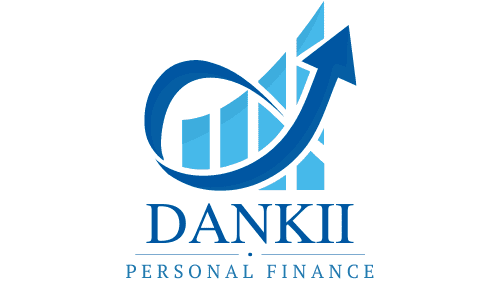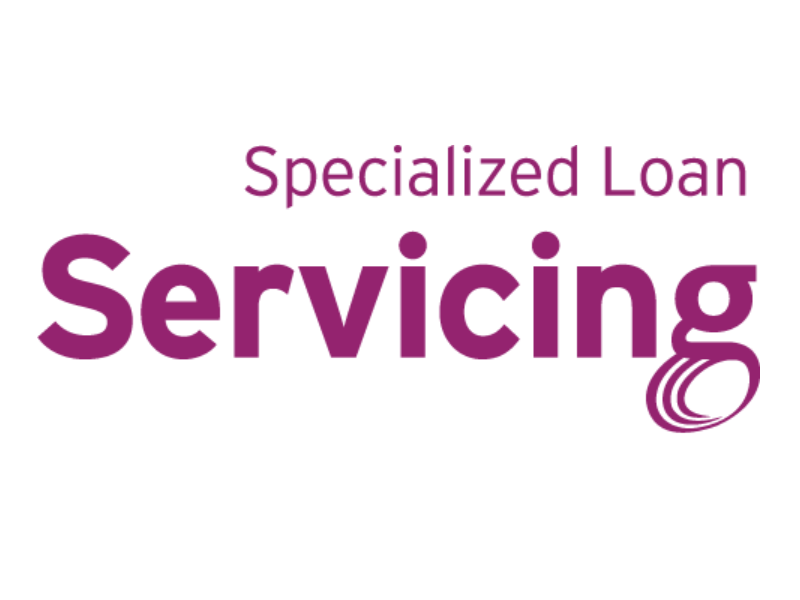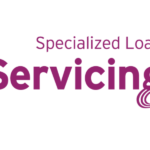Are Student Loans Considered as Debt When Getting a HELOC?

An increasingly popular way to borrow money against the value of your home is through a Home Equity Line of Credit (HELOC). HELOCs are used by many homeowners to conduct home improvements, debt consolidation or another major expense. But if you have student loans, you may be wondering if those count as debt when applying for HELOC. Read on to learn how student loans impact HELOC approval and what you need to know in order to be eligible for a HELOC. So let’s start Are Student Loans Considered as Debt When Getting a HELOC?
What Is a HELOC?
A type of loan is a HELOC which is borrowing your equity in your home. Equity is a financing term for the difference between how much your house is worth and what you owe. Like a credit card, a HELOC gives you access to an amount up to a set limit, which you pay interest on only on the amounts you use. It’s more flexible, and the interest rates on them are often lower than some other loans. That’s one reason why so many homeowners choose a HELOC.
What Are Student Loans?
Student loans are debts to help you pay for your college or other education expenses. A lot of people have student loans and it takes years to pay them back. With the loan, borrowers must make monthly payments, and that interest is added to the loan balance. Federal and private student loans are loans and each has varying repayment plans and term.
Are Student Loans Debt for a HELOC?
A HELOC really does accept student loans as debt. When approved, lenders will examine all of your debt — that means student loans — to try to determine if you’re qualified. The one thing they do is to make sure that you can pay back the HELOC and your other financial obligations.
How Lenders Consider Your Debt Using a HELOC?
How much debt can you handle is measured by lenders through a formula called the debt to income (DTI) ratio. The DTI ratio is the total of monthly payments on your debt, divided by your gross monthly income. Lower DTI ratio means that you’re able to manage your debts responsibly.
Lenders add all your monthly debt payments to the DTI when you apply for a HELOC. This includes:
- Mortgage payments
- Student loans
- Credit card payments
- Car loans
- Other installment loans
The HELOC offers the ability to access the equity in your home by gradually ‘stealing’ some of the equity through a DTI ratio. High student loan payments may work against your chances of being approved.
How HELOC Approval is Affected by Student Loans?
Several ways in which student loans impact HELOC approval. Here are the key factors lenders consider:
-
Debt-to-Income Ratio (DTI)
As I said, lenders calculate your DTI to determine if you can afford more debt. Higher DTI due to your student loan payments makes it hard to qualify for a HELOC. However, most lenders favor a DTI percentage below 43% although other factors can cause some lenders to accept higher numbers.
-
Credit Score
Your credit score is extremely important for HELOC approval. Your credit score can be affected by student loans largely if you make or have missed or late payments. A good credit score helps you stand a better chance of obtaining favorable terms for a HELOC.
-
Loan Repayment Status
In the case of making regular student loan payments, lenders consider that. Lenders will see your loans are in default or forbearance if they are. Managing your student loans responsibly makes you in good standing with your student loans, and that can help with your HELOC application.
-
Available Equity
Equally as important is how much equity you have in your home. Lenders hope you have enough equity to guarantee a loan. You might be approved even if you have student loans — as long as you have a strong amount of home equity.
How to Increase Your Chances of HELOC Approval?
If you have student loans and want to get a HELOC, there are steps you can take to improve your chances:
-
Going Lower with your Debt to Income ratio.
If you’re looking to increase your chances of being approved for a HELOC then lowering your DTI ratio is one way to do so. By paying off other debts, for example credit card balances or car loans you can do this. By reducing your overall debt, you can lower your DTI ratio to the pleasure of lenders.
-
Increase Your Income
Raising your income is another way to improve your DTI ratio. A HELOC, however, can be harder to get without a raise or a side job or additional income streams.
-
Refinance Your Student Loans
You can refinances your student loans to get a lower interest rate and/or increase your repayment term. Solutions both can reduce your monthly payments and your DTI ratio and therefore help your case for HELOC approval.
-
Improve Your Credit Score
But, to get a HELOC on good terms, a good credit score is a must. Also bear in mind to take your bills seriously and timely, pay down credit card balances and not apply for any new loans before your HELOC application. Increasing your credit score with these steps.
-
Build More Home Equity
Your home may even have more equity than you think, depending on how much is worth in that very precious thing, your home. Also, paying down your mortgage builds equity. The more equity you have, the more attractive you are to lenders.
HELOC and Student Loan Common Questions
-
Can Student Loans Stop You from Getting a HELOC?
It’s not this that will prevent you from getting a HELOC; it’s student loans alone. But if your student loan payments bump up your DTI ratio too high or harm your credit score, it will probably poison your chances of approval.
-
Can You Pay Off Student Loans with a HELOC?
It’s possible to use a HELOC to pay off student loans. Some of these borrowers are attempting to consolidate debt, or capitalize on lower interest rates. Just know, though, that a HELOC is secured by your home, and if you can’t pay it, you could lose your home.
-
Should I apply for a HELOC before I pay off my student loans?
You don’t even have to pay off your student loans on time to apply for a HELOC. If you have high DTI due to student loans, or don’t want to risk working later, paying off some debt prior to applying could be beneficial.
-
What is my DTI ratio and how do I calculate it?
You take all of your monthly debt payments and add them up: student loans, mortgage payments if you have one, credit card payments,payment on other loans, etc. Calculate the interest you’ll be paying on your car loan each month, divide that by your gross monthly income (your income before taxes and deductions), and that will give you your monthly interest payment as a percentage. To get a percentage, multiply by 100. A DTI ratio of less than 43% is preferred by lenders.
-
How good is a credit score for a HELOC?
Most lenders prefer the credit score for a HELOC to be at least 620, meaning this indicates a ‘good’ credit score. Still, most lenders will agree to offer the best terms only if the score is 700 or above.
Conclusion
Are Student Loans Considered as Debt When Getting a HELOC? If you qualify for a HELOC, you do have student loans considered as debt. That is, student loan payments are considered in your DTI ratio, which can affect your chances with a lender. But that doesn’t automatically rule you out if you have student loans. Improving your DTI ratio, credit score, home equity, can all help you qualify for a HELOC and get the money you need.
If you’re about to manage your student loan and thinking about a HELOC, you need to know how lenders see your financial condition. You can get through the HELOC application process successfully if you take the right steps.
Also read: Specialized Loan Servicing







Specialized Loan Servicing - Personal Finance
13th Oct 2024[…] Are Student Loans Considered as Debt When Getting a HELOC? […]